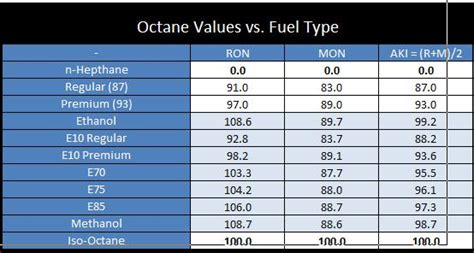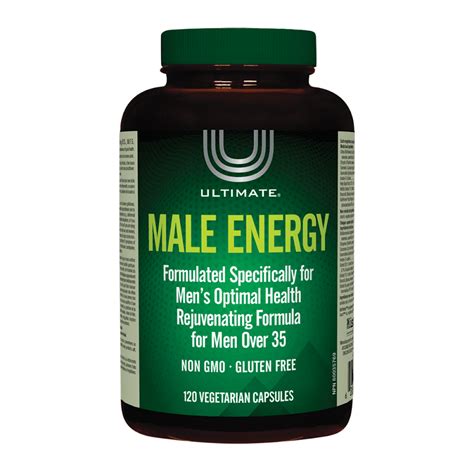Understanding Octane Ratings and Your Engine’s Needs
When you pull up to the gas pump, you’re faced with a choice of octane ratings – typically regular (87), mid-grade (89), and premium (91 or 93). Many drivers wonder if a higher octane fuel will make their car perform better, but the truth is, the ‘best’ octane isn’t always the highest. It’s the one specifically designed for your vehicle’s engine by the manufacturer.
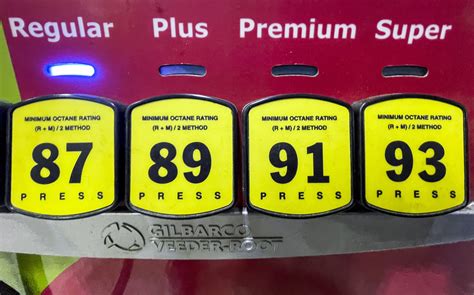
What is Octane and Why Does it Matter?
Octane is a measure of a fuel’s resistance to pre-ignition, also known as ‘engine knock’ or ‘pinging’. This phenomenon occurs when the air-fuel mixture in your engine’s cylinders ignites spontaneously before the spark plug fires, creating a competing flame front that collides with the one initiated by the spark. This collision generates a metallic rattling sound and can cause significant engine damage over time, reducing performance and fuel efficiency.
A higher octane rating means the fuel can withstand more compression before igniting, making it more resistant to knocking. Conversely, lower octane fuel ignites more easily under compression.
Regular vs. Premium: Dispelling the Myths
A common misconception is that premium fuel, with its higher octane, is inherently ‘better’ for all engines. This is simply not true. Most passenger vehicles on the road today are designed to run perfectly on regular unleaded (87 octane) fuel. Using premium fuel in an engine designed for regular will not provide any performance benefits, improve fuel economy, or clean your engine better. It will simply cost you more money.
![[DIAGRAM] Labeled Diagram Of Internal Combustion Engine - MYDIAGRAM.ONLINE](/images/aHR0cHM6Ly90czQubW0uYmluZy5uZXQvdGg/aWQ9T0lQLlRRanV4ZTczaTRrUW1NNnl3R0dQSlFIYUhvJnBpZD0xNS4x.webp)
However, some engines are specifically engineered to require premium fuel. These are typically high-performance vehicles, sports cars, luxury cars, or those with high-compression engines, turbochargers, or superchargers. These design elements put greater stress and heat on the air-fuel mixture, making them more susceptible to knock. For such engines, premium fuel is essential to prevent damage and ensure they perform as intended.
How to Determine Your Engine’s Best Octane
The definitive answer to what octane fuel is best for your engine can always be found in your vehicle’s owner’s manual. Manufacturers conduct extensive testing to determine the ideal fuel for their engines and explicitly state the recommended octane rating.
You can also often find this information on the inside of your fuel filler door or cap. Look for labels that say “Unleaded Fuel Only,” “87 Octane Recommended,” or “Premium Fuel Only.” If your manual specifies a particular octane, stick to it. If it says “Premium Recommended” but not “Required,” your engine might be able to run on regular with slight performance adjustments made by the engine’s computer, but it will perform optimally on premium.
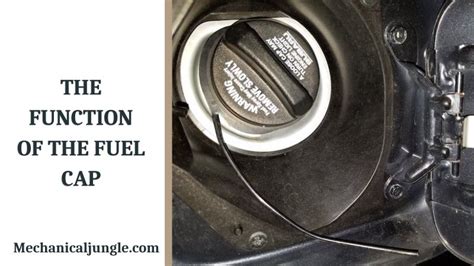
Consequences of Using the Wrong Octane
- Using too low octane in an engine requiring premium: This is where problems can arise. The engine’s computer (ECU) will detect the knock and try to compensate by retarding the ignition timing. This prevents damage but significantly reduces power, acceleration, and fuel efficiency. Prolonged or severe knocking can still lead to long-term engine damage.
- Using too high octane in an engine requiring regular: As mentioned, this is a waste of money. There are no benefits to be gained, and it won’t clean your engine or provide extra horsepower.
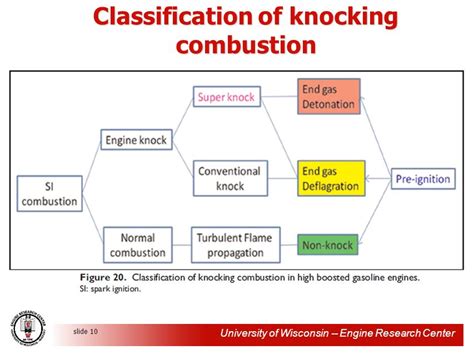
Conclusion: Trust Your Manufacturer
The best octane fuel for your engine isn’t a matter of opinion or marketing; it’s a precise engineering specification. Always refer to your vehicle’s owner’s manual or the label on your fuel filler door for the recommended octane rating. Sticking to this recommendation will ensure your engine performs efficiently, maintains its longevity, and avoids unnecessary wear and tear. Don’t fall for the allure of higher numbers if your engine doesn’t need them – save your money and keep your engine running as it was designed.

